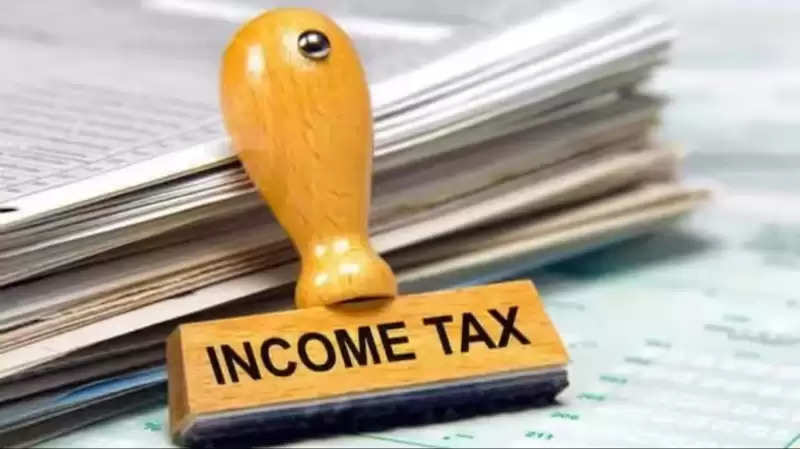Tax Saving: Will provide profit and also save tax, these ways of tax-free income are quite different...

Tax-Free Income: There are many provisions under the Indian Income Tax Act, under which common taxpayers are given tax exemption in many ways. Many types of concessions are given on their salary, investments, and expenses. A person earning any kind of income has to file his income tax return every year, whether he has tax liability or not. But in order to avoid excessive tax burden on people, there are many sources of income that the government has excluded from the scope of tax liability. Provident funds, insurance premiums, post office investment schemes are many sources of income on which you get tax exemption, but apart from this, there are some income sources or such avenues from where you do not have to pay tax on your monetary benefits. We are telling you about five such ways, under the Income Tax Act, of 1961, you will not have to pay tax on these five income sources.

1. Profit received from the company in partnership
According to Section 10(2A), if you are a partner in a company, then you will not have to pay any tax on the share of profit, because the company already pays tax on this profit, so you will not have to pay any tax on the profit that comes to your share. Tax does not have to be paid. Yes, remember that there will be no tax on your profit share, but you will have to pay tax on your salary. Apart from this, tax will also be payable on capital interest and repayment.
2. Money received in VRS
Under Section 10(10C) of the Income Tax Act, there is no tax on the amount received by VRS i.e. voluntary retirement. The condition in this is that the employee taking retirement should be an employee of a public sector company and not a private one. At the same time, he will not have to pay any tax only on the amount up to Rs 5 lakh. The amount above this will be taxable.
3. Inherited property
You do not have to pay any tax on inheritance or inherited property. That means, if your parents leave any property in your name, you will not have to pay any tax on its transfer, but if you earn any income from this property, then you will have to pay tax on it.
4. Returns from equity or mutual funds
Investments in equity or mutual funds have been included in capital gains. If your return in a financial year should be less than Rs 1 lakh. If you get returns more than this, you have to pay tax according to the type of scheme. If you are investing in equity funds for short term i.e. less than 12 months, then you will have to pay tax at the rate of 15 percent. At the same time, if you are investing for more than 12 months i.e. long term and your capital gain is more than Rs 1 lakh, then you will not have to pay any tax. However, if your gain is more than Rs 1 lakh then your tax liability will be 10 percent.

5. On partial withdrawal from NPS
People investing in the retirement scheme National Pension Scheme Trust are allowed to make partial withdrawals. A new clause 12B has been inserted in Section 10, in which tax exemption is given with certain conditions. One condition is that the amount you are withdrawing should not be more than 25% of the total contribution. Second, partial withdrawal should be as per the rules of PFRDA (Pension Regulatory and Development Authority).
PC Social media
